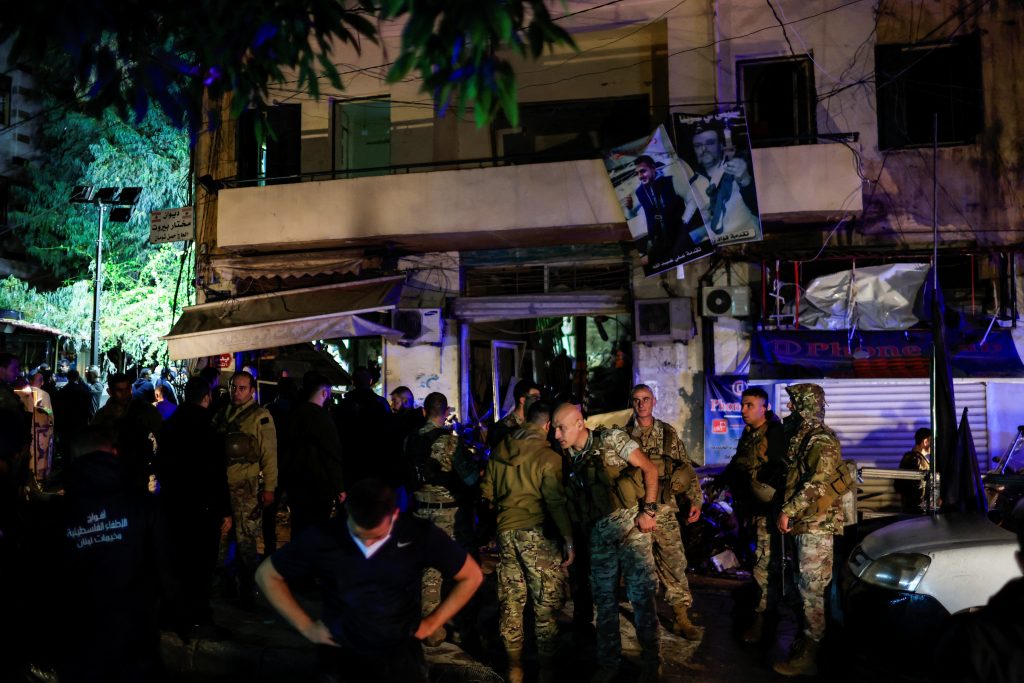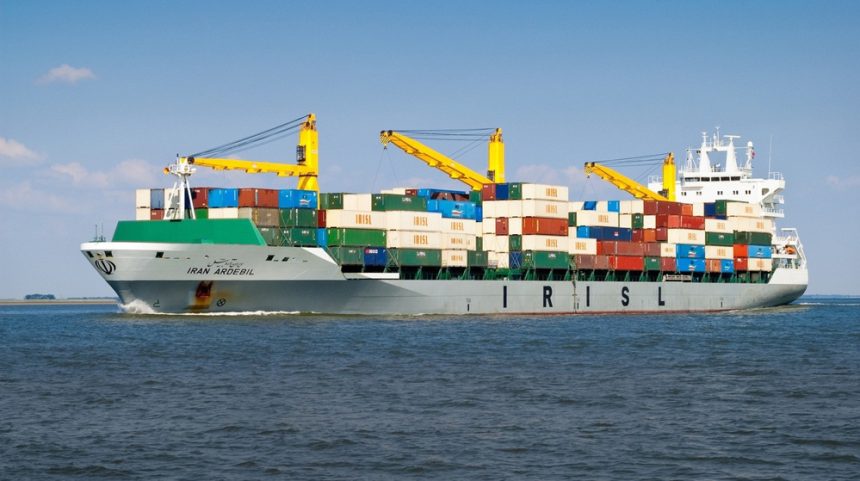The Iranian government has strongly criticized new sanctions imposed by the European Union (EU) and the United Kingdom (UK), labeling them as baseless and unjustified.
On Tuesday, Iran’s Foreign Ministry spokesperson, Esmaeil Baghaei, responded to the measures, describing them as violations of international law and norms. These sanctions come amidst allegations that Tehran has supplied ballistic missiles to Russia to support its ongoing war in Ukraine, a claim Iran firmly denies.
On Monday, the EU expanded its list of sanctions on Iran by targeting the Islamic Republic of Iran Shipping Lines (IRISL) and its director. According to the EU, these sanctions are a direct response to Iran’s alleged support for Russia in the Ukraine conflict. Similarly, the UK introduced restrictions on Iran’s national airline and shipping carrier, citing their purported role in facilitating the transfer of ballistic missiles to Moscow.

Both actions are part of a broader strategy by Western nations to pressure Iran over its alleged involvement in the conflict and its growing military ties with Russia. The UK and EU have accused Iran of playing a critical role in enabling Russia’s military capabilities during the war, allegations that Tehran vehemently rejects.
Baghaei, speaking through the Foreign Ministry’s official Telegram channel, condemned the sanctions as “unfounded and contradictory to the principles of international law.” He emphasized that such measures violate the fundamental rights of nations to engage in free navigation and maritime trade, which are protected under international agreements.
READ ALSO: Biden Administration Urges Congress to Approve Emergency Disaster Relief Funding
“Iran considers the imposition of new sanctions by the European Union and the United Kingdom against a number of Iranian individuals and entities on the false claim of sending ballistic missiles to Russia as an unjustified act,” Baghaei stated. He further accused European nations of undermining global legal frameworks through these punitive measures.
Since the onset of the Ukraine war in 2022, Iran and Russia have significantly strengthened their military and economic cooperation. This growing partnership has drawn international scrutiny, with Western nations frequently accusing Tehran of supplying military equipment to Moscow. While Iran has admitted to providing drones to Russia, it insists that these deliveries occurred before the conflict began.
Tehran has repeatedly denied supplying missiles or other weaponry for use in the Ukraine war, maintaining that its military cooperation with Russia is purely defensive in nature and predates the current geopolitical crisis, Reuters.

The sanctions are part of a broader diplomatic tug-of-war between Iran and Western nations, particularly over Tehran’s controversial military programs and its ties with Moscow. These measures are likely to strain Iran’s economic and diplomatic relationships further, potentially pushing Tehran closer to non-Western allies like Russia and China.
Iran’s claims that these sanctions violate international law also highlight the growing tensions between Western powers and nations outside their geopolitical sphere. While Western governments view sanctions as a legitimate tool to counter perceived threats, countries like Iran argue that such actions disrupt global trade and undermine multilateral agreements.
READ ALSO:
Sweden’s EQT Sets $14.5 Billion Upper Limit for Asia-Focused Private Equity Fund
The latest sanctions by the EU and the UK underscore the deepening divide between Iran and Western powers, fueled by accusations over Tehran’s alleged role in the Ukraine conflict. While Iran continues to deny these claims and call for adherence to international law, the ongoing tensions reflect a broader struggle over global power dynamics in a time of shifting alliances.
As military and economic partnerships between nations like Iran and Russia grow, the international community faces increasing challenges in maintaining diplomatic balance and stability.

